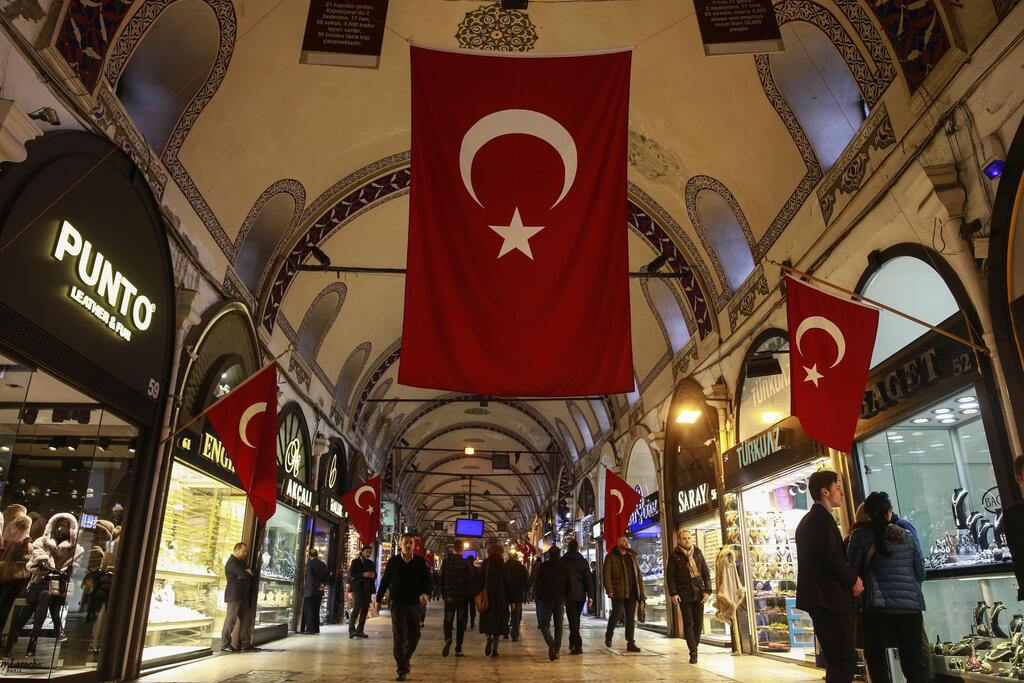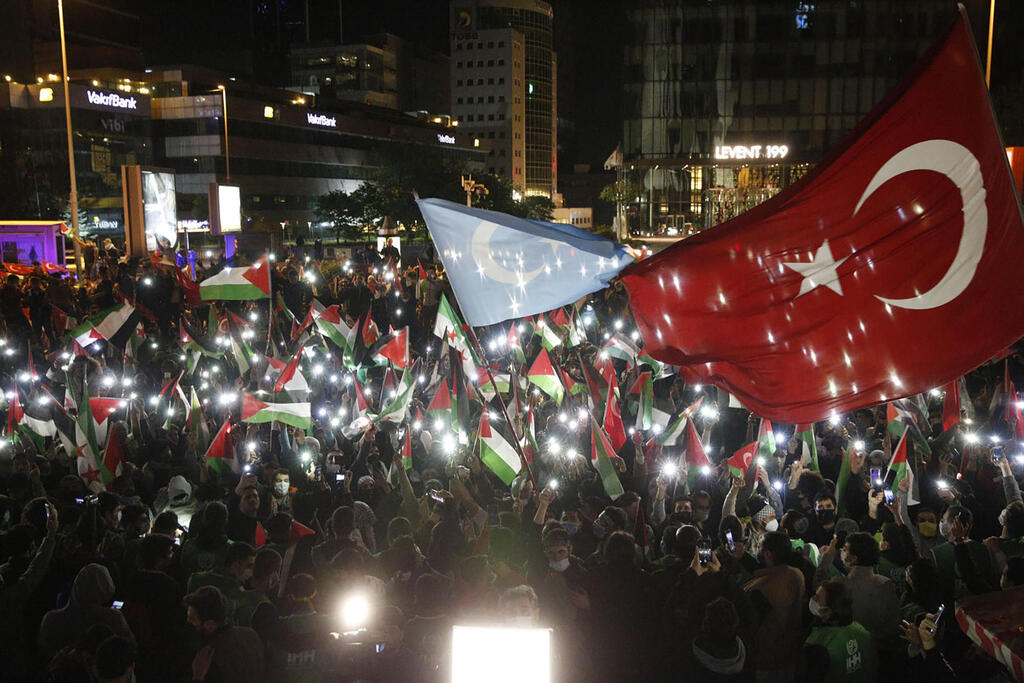As the regional rivals work to repair ties after years of animosity, Turkish senior officials intend to travel to Israel prior to President Issac Herzog's planned visit.
President Tayyip Erdogan's chief foreign policy adviser Ibrahim Kalin and Deputy Foreign Minister Sedat Onal, will lead a delegation on February 16-17, the foreign ministry said, adding the officials would also meet Palestinian authorities.
Israel and Turkey expelled ambassadors in 2018 and relations have remained tense since, but Ankara has since worked to mend strained ties with several regional countries in a charm offensive launched in 2020.
Ankara, which supports a two-state solution to the Israeli-Palestinian conflict, has condemned Israeli presence in the West Bank and policy towards Palestinians. Israel has called on Turkey to drop support for Hamas, which runs Gaza.
Foreign Minister Mevlut Cavusoglu has said Ankara would not turn back on support for Palestinians for the rapprochement.
Israel's presidency and foreign ministry said Kalin and Onal would visit to coordinate Herzog's planned visit and hold talks with officials following discussions in Turkey in December. The delegation was also expected to meet Palestinian officials including President Mahmoud Abbas, the foreign ministry said.
Herzog will visit Turkey from March 9-10, Turkish media said on Tuesday.
The two countries are also at odds over policies in the east Mediterranean, namely over energy resources in the region. While often engaging in insults and accusations, trade and commercial ties between Turkey and Israel have remained intact. Erdogan has said energy cooperation could be discussed during Herzog's visit.
Erdogan has spoken to Herzog amid tensions, although the Israeli presidency is a largely ceremonial role. In November, he spoke to Prime Minister Naftali Bennett, the first such call in years.
As part of its charm offensive, Ankara has also made overtures to estranged rivals Egypt, Saudi Arabia and the United Arab Emirates. While cooperation has picked up with the UAE, the Egypt and Saudi Arabia efforts have so far yielded little public improvement.



